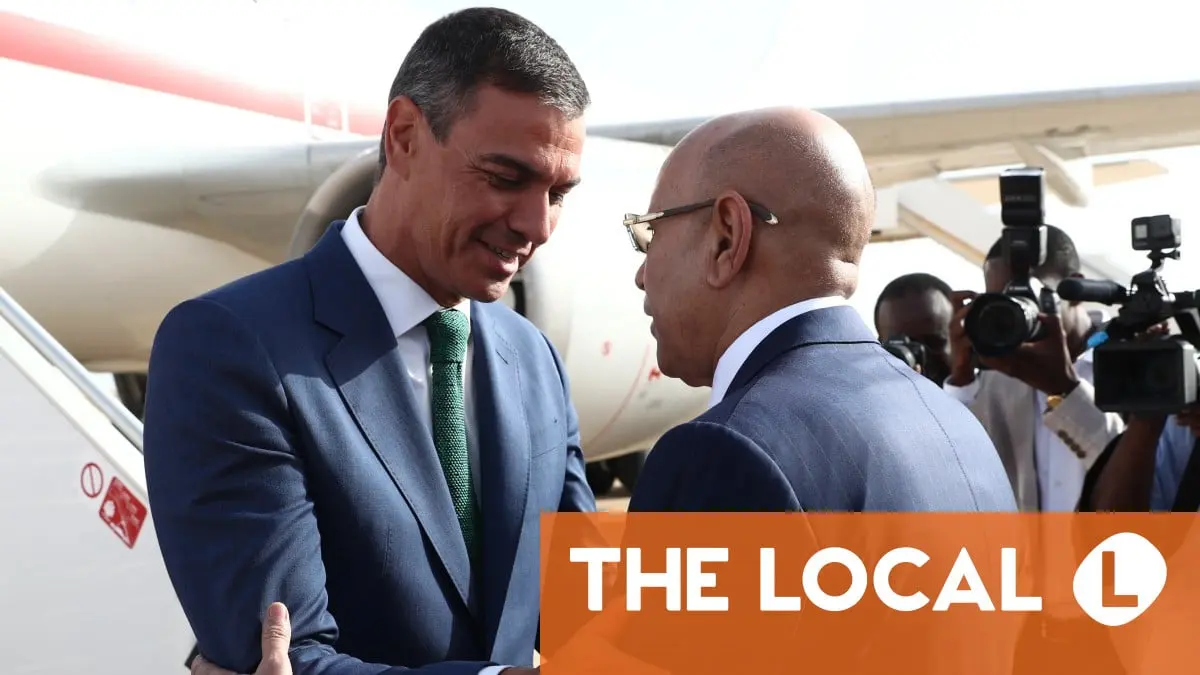Mauritania and Spain Agree to Cooperate on Managing Migrant Flows
Enhanced Cooperation to Address Migrant Arrivals
Mauritania and Spain have come to an agreement to work together in managing the increasing migrant flows, especially as Spain faces a surge in migrant arrivals. This collaboration signals a crucial step towards finding effective solutions to the challenges posed by migration in the region.
Joint Efforts for Border Control
During the visit of Spanish Prime Minister Pedro Sánchez to Mauritania, both countries emphasized the importance of cooperation in addressing the issue of migration. They discussed strategies for border control and enhancing security measures to better manage the influx of migrants.
Spain has been experiencing a significant rise in migrant arrivals in recent months, especially via dangerous sea crossings. By partnering with Mauritania, which serves as a key transit country for migrants from West Africa, Spain aims to strengthen its border controls and curb irregular migration.
Impact on Individuals
For individuals seeking to migrate to Spain or other European countries, this agreement could lead to stricter border controls and increased surveillance, making it more challenging to enter these countries illegally. It may also result in improved cooperation between nations to ensure the safety and well-being of migrants during their journeys.
Global Implications
The collaboration between Mauritania and Spain sets a positive example for international cooperation in managing migrant flows. As migration continues to be a pressing global issue, this partnership highlights the importance of countries working together to address challenges and find sustainable solutions.
Conclusion
The agreement between Mauritania and Spain to cooperate on managing migrant flows is a significant step towards addressing the complexities of migration in the region. By joining forces and implementing effective strategies, both countries aim to enhance border control measures and ensure the safety of migrants. This collaboration not only has the potential to impact individual migrants but also sets a precedent for international cooperation on migration issues.





